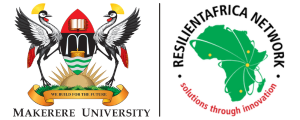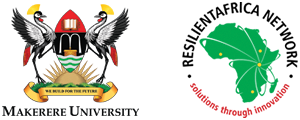The West Africa Resilience Innovation Lab is one of the four Sub-regional labs of the ResilientAfrica Network (RAN) located at the University for Development Studies, School of Medicine and Health Sciences in Tamale, Ghana. The Lab works with three Network Plus Universities, namely the University of Education, Winneba located in the coastal central region of Ghana, The University of Bamako, Science, Technique and Technology, located in Bamako, Mali and the University of Dakar, located in the city of Dakar in Senegal.
WA RILab Vision
Regional Network of Excellence in Indigenous Knowledge driven-innovation and Resilience Scholarship.
Thematic Areas of Focus
The WA RILab thematic focuses on strengthening resilience of communities to;
- The effects of rapid urbanization among vulnerable communities in West Africa’s emerging cities.
- Food insecurity among households in semi-arid areas.
The West Africa region is faced with a number of challenges that affect the resilience of communities including rapid urbanization, climate change and food security.
In the face of rapid urbanization in West Africa, most of its one billion people depend heavily on rain-fed agriculture and other natural resources directly affected by the vagaries of nature. The growing frequency and severity of extreme events such as droughts, floods, and heat waves, along with shifting rainfall patterns, threaten to overwhelm the natural resilience of West African communities, risking livelihoods and food security. Widespread poverty, fragile ecosystems, weak institutions, uncoordinated policy frameworks and fragmented climate information systems increase West Africa’s vulnerability to climate change.
Geographic Coverage
The communities are located in five districts including;
- Tamale Metropolitan Assembly, in the Northern region, Kassena Nankana Municipal Assembly.
- Navrongo in the Upper East region.
- Ashaima Municipal Assembly in the Greater Accra region in Ghana.
- Peki in Dakar, Senegal.
- Tienbane in Bamako, Mali.
Dimensions of Resilience
Dimensions of resilience to the effects of rapid urbanization among vulnerable communities in West Africa’s emerging cities and Food insecurity among households in semi-arid areas: The RILab is working with 10 dimensions related to the effects of rapid urbanization and food insecurity. These include;
- Wealth
- Security Protection and Advocacy
- Psychosocial Health
- Health/Health Services
- Human Capital
- Natural Resources / Environmental
- Infrastructure
- Governance
- Spirituality
- Social Capital


